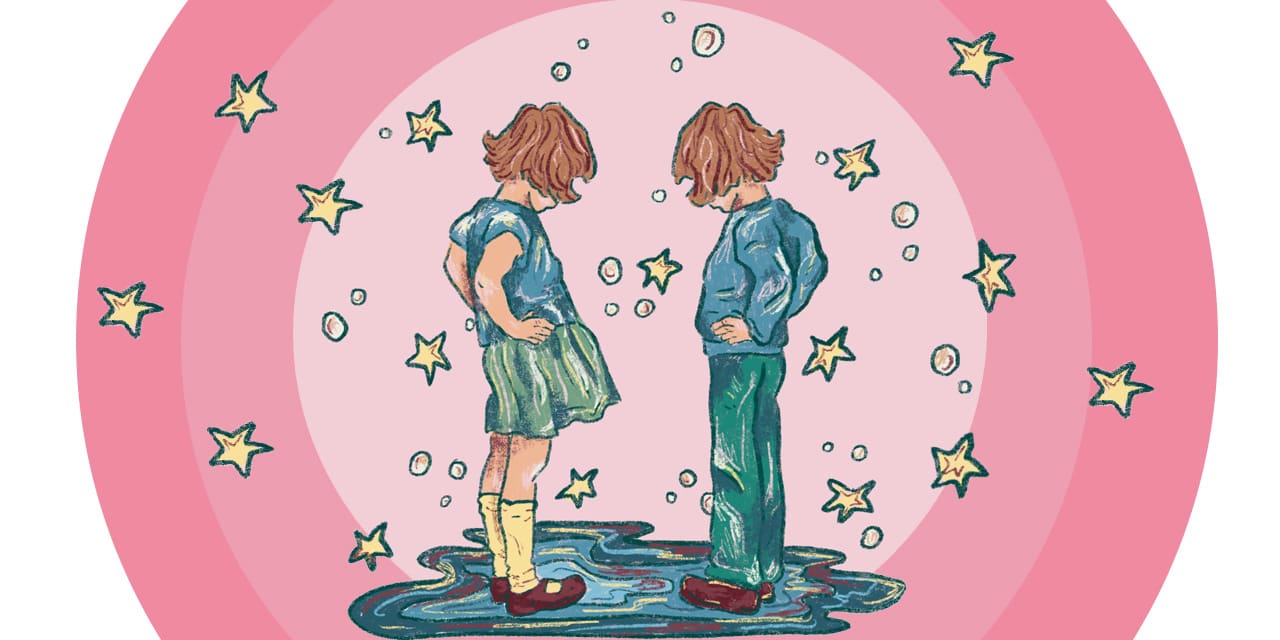I wouldn’t blame you if your first thought when I mention twins is of matching outfits, indistinguishable physical features and eerily similar first names. Throughout popular culture, twins have garnered a somewhat eerie reputation, however in real life the experience is completely mundane.
The idea that twins are something kind of magical seems to be almost universally acknowledged. Whenever I mention offhand that I happen to have a sibling with whom I share a birthday, I hear “Woah! No way!” or “wait, are you identical?”. But for us, it’s nothing special.
I am a twin. My twin’s name is Josh. And to us, the universal admiration for our genetic anomaly is unrecognisable.
Other than the fact we have different gender and personal identities, we truly only felt like twins when we were young. We were defined not by our features or our likeness but by our differences. Josh was the Maths brain and I, the English brain. We clung to what differentiated us. Our identities were inherently linked to what we were most “talented” at and it felt like the borders of our interests and potential were defined before we could even decide for ourselves. This led to a sort of unbreakable ownership and competitiveness of those areas.
Now we just feel like siblings lucky enough to be the same age. But why? Is it because of our seemingly opposite identities? Sometimes I theorise that our conception as test tube twins — each sperm manually inserted into an ovum in vitro and incubated for 5 days — has left us more disconnected than true fraternal or identical twins. Does this justify our inability to fulfil the stereotype everyone so desperately wants to paint? We have been to primary school, high school and over a decade of extracurricular activities together and yet our twinhood still feels so atypical.
Most importantly, unlike some twin-media may suggest, we absolutely cannot read each other’s minds. If my stomach hurts, he doesn’t know about it. If someone we hate walks in the room, we don’t need telepathy to know. And we’ve hated each other at one point or another.
We were never dressed in the same clothes (although we truly wish we were, so this one doesn’t count).
We didn’t want to be with each other in every waking moment.
And we definitely avoided each other in school.
Now with that off our chests, I thought you should know this week my twin and I turn twenty-one. Even after twenty one years growing up in the same schools, the same house and the same environment, our twinhood will remain something uniquely original to us. We differ from typical siblings, having experienced the same seasons and milestones together, but as time has gone on, we feel less and less like twins.
I asked Josh what he thought about our experience. Lazily diverting his attention from his laptop he said, “Sometimes I forget we are twins but it’s cool. You’re cool. We’re just different twins, I guess. Nothing crazy. Yeah.”
And to that magnificently introspective and thought out response from my fellow genetic anomaly I say, “Yeah. What he said.”





